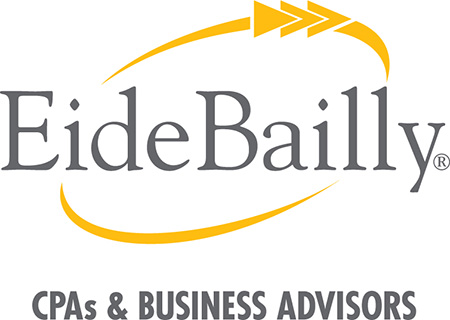As many states start to ease or lift many of the restrictions that forced businesses to cease operations during the COVID-19 outbreak, companies across the country are poised to restart their businesses. A plethora of legal issues – including with respect to employees – will be facing employers as they pursue a “return to normal.” Companies that have unionized workforces need to be cognizant of the specific labor law issues under the National Labor Relations Act (NLRA) that will likely come into play.
Bargaining Obligations
Companies generally have a duty to bargain on any changes they make to the terms and conditions of union-represented employees’ employment. This is true regardless of whether the change is favorable or detrimental to an employee. For example, if a company wants to offer premium hazard pay for unionized employees who work under certain conditions, but its labor agreement is silent on that issue, the employer technically still must bargain with the workers’ union before implementing that enhanced benefit (i.e., change). Similarly, a company generally must bargain changes that negatively impact union-represented workers, such as wage cuts or layoffs.
Critically, however, companies may have contract language or other union waivers to bargaining– such as via a past practice – that enable them to take unilateral action on these issues. A best practice is for companies to carefully evaluate their potential bargaining obligations around the various aspects of any restart plan to ensure those are dealt with beforehand, as this can help stave off costly and time intensive grievance and unfair labor practice proceedings.
Information Requests
Union requests for information have been on the rise since the onset of the pandemic in relation to various topics, such as policies being implemented in response to COVID-19. Don’t expect that trend to ease up anytime soon. As companies restart their operations, they should anticipate requests from unions related to their plans, such as recall procedures, social distancing compliance plans, personal protective equipment plans, etc. Employers, of course, generally must give unions information that pertains to things directly impacting their members’ terms and conditions of employment. Failure to fulfill the duty of furnishing relevant information can result in harsh consequences for companies.
Things get more complicated when it comes to certain nuanced union information requests, such as information on employees who have tested positive for the virus and related questions. A best practice is to thoroughly evaluate the legal obligations surrounding each request received from a union, craft a response that meets those obligations, and memorialize the response in writing to stave off any allegations the employer somehow has failed to respond.
Contract Administration
Most often inconsistency is a killer for employers when it comes to labor relations. For example, inconsistent attendance policy enforcement can provide an opportunity for unions to argue to an arbitrator or the National Labor Relations Board that discrete terminations based on attendance were based on improper motivations in light of selective administration in the past. For better or worse, many companies – including those with unions – relaxed their attendance and other policies when the pandemic first hit. To the extent companies are or have been doing anything along these lines, a best practice is to memorialize with the union that this was done on a one-time, non-precedent setting basis to help employees during unprecedented times. This can potentially help mitigate “inconsistent enforcement” arguments in proceedings down the road.
These highlight just some of the many labor law challenges unionized employers may face as they restart their businesses. Non-union employers desiring to remain union free also need to be cognizant of what many are predicting to be an onslaught of union organizing activity. The COVID-19 pandemic has been unprecedented on countless fronts, and labor relations is no exception.
[***Please note that these materials are provided for informational purposes only and should not be a substitute for legal or accounting advice. In all instances, individuals and companies should consult with their own legal and accounting professionals]
























